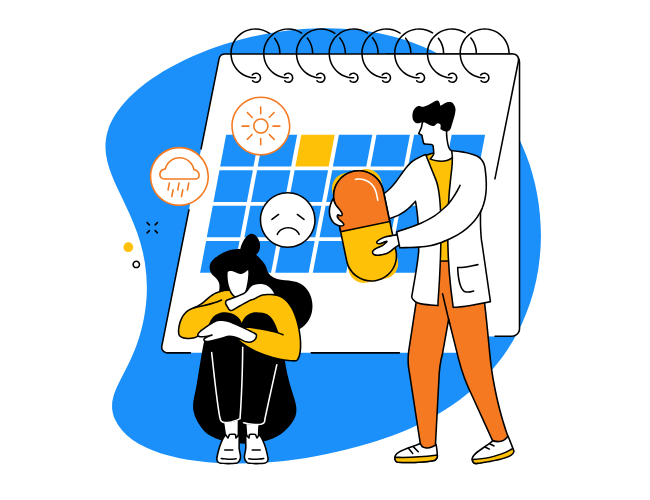Loneliness has been a growing health issue for years, but pandemic-related policies have fueled its growth. Other than the physical health effects of COVID-19 itself, mental health struggles like loneliness have been one of the biggest wellness concerns for employers in the last year. Social distancing measures have strained or deteriorated people’s relationships with friends and family, exacerbated pre-existing mental health conditions, and negatively impacted work performance and productivity.
An on-going survey by researchers at the University of Arizona in Tucson finds that those living under lockdown or strict social distancing policies are at a greater risk for loneliness, depression, and suicidal thoughts—and, the longer the pandemic continues, it is only getting worse. Beginning in April, about 1,000 adults each month have answered questions on loneliness and lockdown status. By September, almost 65% of those under lockdown reported feeling lonely, compared to 48% of those not under lockdown. These findings have held up regardless of age, gender, and job status.
Loneliness doesn’t just have mental and emotional health consequences; physical health suffers, too. William Killgore, director of the Social, Cognitive and Affective Neuroscience Lab where the study is being led, explains: “Loneliness has been associated with higher levels of anxiety, depression, perceived stress and suicide, as well as risk of heart disease, stroke, more frequent hospital visits and greater mortality from any cause… Some have suggested that high loneliness may be riskier to long-term physical health than obesity.” These consequences add to healthcare costs, more sick days used and time off from work, and decreased productivity and performance—that’s on top of the loss in engagement and talent retention that employee loneliness creates.
Changes At Work, More Technology Impact Employee Mental Wellness
Prior to the pandemic, research by Cigna found that more than 60% of employees were lonely at work, including nearly 80% of Gen Z employees and 71% of millennials. Even then, employers may have struggled to see this as a serious health problem that impacts productivity. Unfortunately for employers that have now moved to remote and more physically-distanced work environments, the task of identifying employees struggling with these issues has only become more challenging. Management must be trained to notice subtle signs of loneliness such as withdrawing socially, communicating less, and losing interest in work tasks. The evidence suggests that there are bound to be employees at any company that are feeling lonely right now, and this is only going to get worse as long as pandemic-related restrictions continue. Companies can be proactive and focus on facilitating open communication, creating opportunities for connection through virtual chats and get-togethers, and celebrating work accomplishments and milestones (even small successes).
Importantly, even when restrictions around social gatherings and interaction are loosened, the changes that have taken place in physical office spaces and movement towards virtual and remote communication may have a profound, lasting impact on employees’ mental and emotional well-being. Employers want to keep loneliness as a health and productivity issue in mind even beyond COVID-19 and should ask themselves: How often are employees interacting with coworkers? How much work is done virtually or at home? Are any new tools or technologies replacing opportunities for interactions with coworkers and teams? Simple changes in work environment or structure can have deep impacts on engagement, camaraderie, and employee well-being.
Additionally, as virtual communication is relied upon more and more for work tasks, these technologies may further blur the lines for work and personal life. Intruding on employees’ time outside of work can strain relationships with their family and friends, so employers will want to be mindful of honoring time off from work by restricting work communication after hours. By approaching the issue of employee loneliness as it relates to virtual and remote work, instead of just a pandemic-specific problem, employers will be prepared to keep employee wellness and productivity high.












